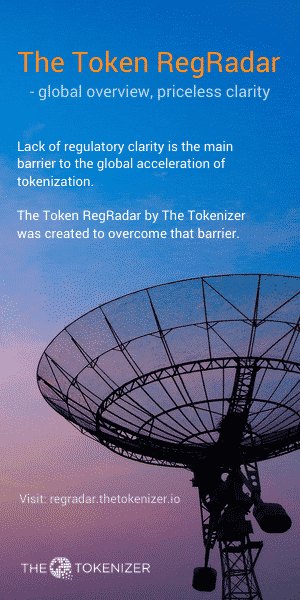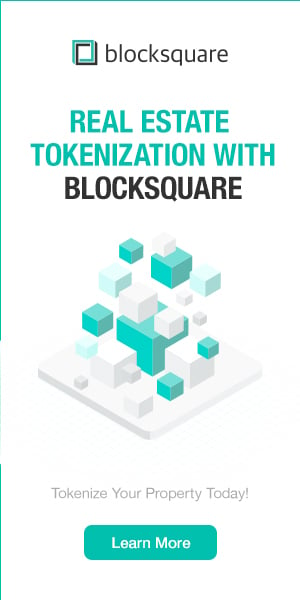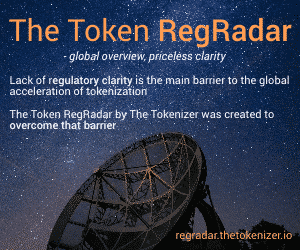JPMorgan Elevates B2B Payments with Blockchain
JPMorgan Chase takes progressive steps in the business-to-business (B2B) payment landscape by leveraging blockchain technology for its B2B clients. The financial giant, through its digital asset and blockchain unit, Onyx, launched programmable payments. This innovative feature is tailored for blockchain-based accounts using the JPM Coin digital currency system.
Programmable payments, driven by smart contracts and distributed ledgers, introduce a dynamic element to transactions, following an “if-this-then-that” interface. JPMorgan aims to revolutionize the traditional B2B payment realm, addressing the inefficiencies associated with paper-based processes. Naveen Mallela, Head of Coin Systems for JPMorgan, emphasized the significance of adding programmability to electronic money, calling it the “holy grail” in the financial landscape.
Onyx is enhancing its capabilities to streamline international payments and securities trading. JPMorgan’s clients can now employ programmable payments to establish specific rules for transaction execution, accommodating unforeseen events like liquidity shortfalls or alterations in supply chains. This flexibility extends to creating rules for funding accounts or triggering payments for equities investing post a margin call.
JPMorgan aims to move beyond rigid rules governing payments, typical in large corporations, and enable clients to create personalized parameters for transactions. By transitioning to programmable payments, businesses can potentially design their own transaction rules, a “do-it-yourself” approach.
The blockchain’s role in facilitating flexible rules and combining bank accounts enhances the automation of corporate treasury departments, making direct debits adaptable and enabling multiparty escrow accounts.
James Wester, Co-head of Payments Research at Javelin Strategy & Research, views this development as blockchain living up to its potential by enhancing treasury, liquidity, and cash management. He notes that such innovations are significant for a bank of JPMorgan’s size to offer flexibility to treasury and cash management clients.
While the underlying technology is designed for cryptocurrency, commercial banking emerges as a fitting arena for large-scale money movements through distributed ledgers, according to Mallela. The launch partners for this capability include Siemens, aiming to optimize working capital, while FedEx and Cargill are set to go live in the coming weeks.
As B2B payments continue to be a focal point for banks and payment companies, JPMorgan’s move introduces a novel approach to reduce costs for cross-border transactions. This blockchain-driven evolution in payments is poised to enhance flexibility, responsiveness, and cost-effectiveness, setting the stage for a transformative shift in the B2B payment landscape.
Read related stories: J.P. Morgan and Apollo Collaborate to Explore Tokenization’s Impact on Wealth Management
JPMorgan Announces First Client Trade on Tokenized Network
JPMorgan Chase to develop deposit token for cross-border payment and settlement
Photo by Patrick McManaman on Unsplash
Read other stories: Cathay Securities Breaks Ground with Taiwan’s First Security Token Offering Approval
You Might also Like





















